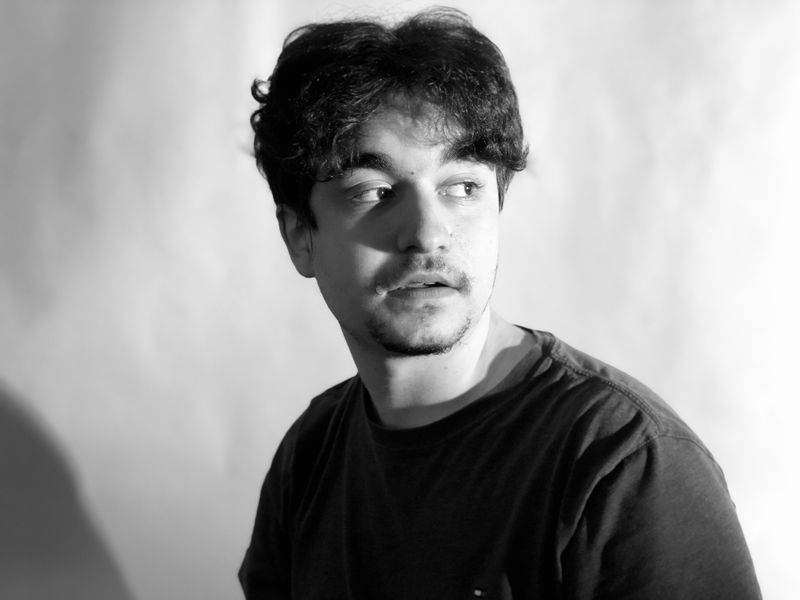We Are America
The Missing Piece
By Matheus

Lowell High School, Lowell, Massachusetts
From when I was little, my mom knew I wasn't like other kids. I had weak muscles and a heavy head as a baby. I had a condition called echolalia, so as soon as I was able to speak at 18 months, I’d repeat a word several times. But what really stood out was my ability to learn. Once I could talk, I was capable of understanding certain logistics and surroundings. I taught myself to write English and Portuguese at the age of two with the help of my family's TV.
You’d think a young kid would flaunt this skill. That wasn’t the case with me. I was incredibly shy and didn't talk that much. I was sensitive to loud noises and flashing lights and got very anxious at social gatherings. My family and I didn’t understand why. At school, I was even more reserved.
One area I never seemed to improve upon in kindergarten and first grade was answering questions. I’d understand a story, laughing whenever something funny happened and getting shocked when a serious situation occurred. However, once a teacher would ask me about anything from the story, I wouldn’t say a word. For someone who could write two languages, I spoke little.
My reading evaluation for first grade report cards was blank, so my mom questioned why. The teachers explained, “It's difficult to grade someone on reading when he doesn’t answer questions.” At home, my mom began doing research. I didn’t pay mind, as I focused on coloring and addition.
My family only got answers when we left the United States for Brazil when I was eight. I began seeing a new doctor. He didn’t do the usual things, like using a stethoscope. He focused on this machine that scanned my brain and went through my medical documents. He asked my mom questions. They spoke and she seemed relieved.
Soon after, my family began to comment on situations. For example, they’d remark upon how many people there were at a gathering we attended to see if I’d catch on. I didn’t.
Then one day during third grade, I came home from school and my mom told me to sit down. She began bringing up situations where I was uncomfortable, but others weren’t. I was confused. She was telling me something, but I didn't understand what. She then showed me a TED Talk. The speaker spoke about their childhood and how vulnerable they were to certain things. I related to some of these, and sympathized with him. It was also at this moment when I learned the term “autism.” Eventually, I put everything together. Once the video ended, I asked her if I was just like the man. My mom told me I had autism and that I was on the spectrum.
I didn't react negatively. Nor was I ecstatic. I did ask her what a spectrum was, since I was nine. What I did understand was that I finally had a name for what made me different. To be perfectly honest, I was relieved. I could look back on certain moments of my life and have reasons as to why I reacted so strongly to certain circumstances.
Following the talk, I began observing my actions, now with the knowledge of autism. It took years to develop strategies to interact with people. I learned to become less reserved, though that remains challenging and I learned to cope with overwhelming senses. My family supported me and continues to do so everyday.
I’m currently seventeen and living life like most people. I don’t bring up how I’m on the spectrum to people I meet. Many who hear about autism focus on the stereotypes such as social awkwardness or sensory sensitivity. But there’s so much more to it. While I had a specific experience, not everyone in the spectrum is the same. Social life, academic priorities, sensitivities and everything in between will be different for each individual. However, there remains a lot of stigma. Some see it as debilitating or the defining feature of a person, but that isn’t true. While autism is a part of me, it doesn’t define who I am as a whole. Attention should be brought if necessary, but respect is needed. In the end, we are all human and should treat each other with respect to understand and celebrate our differences.
© Matheus. All rights reserved. If you are interested in quoting this story, contact the national team and we can put you in touch with the author’s teacher.